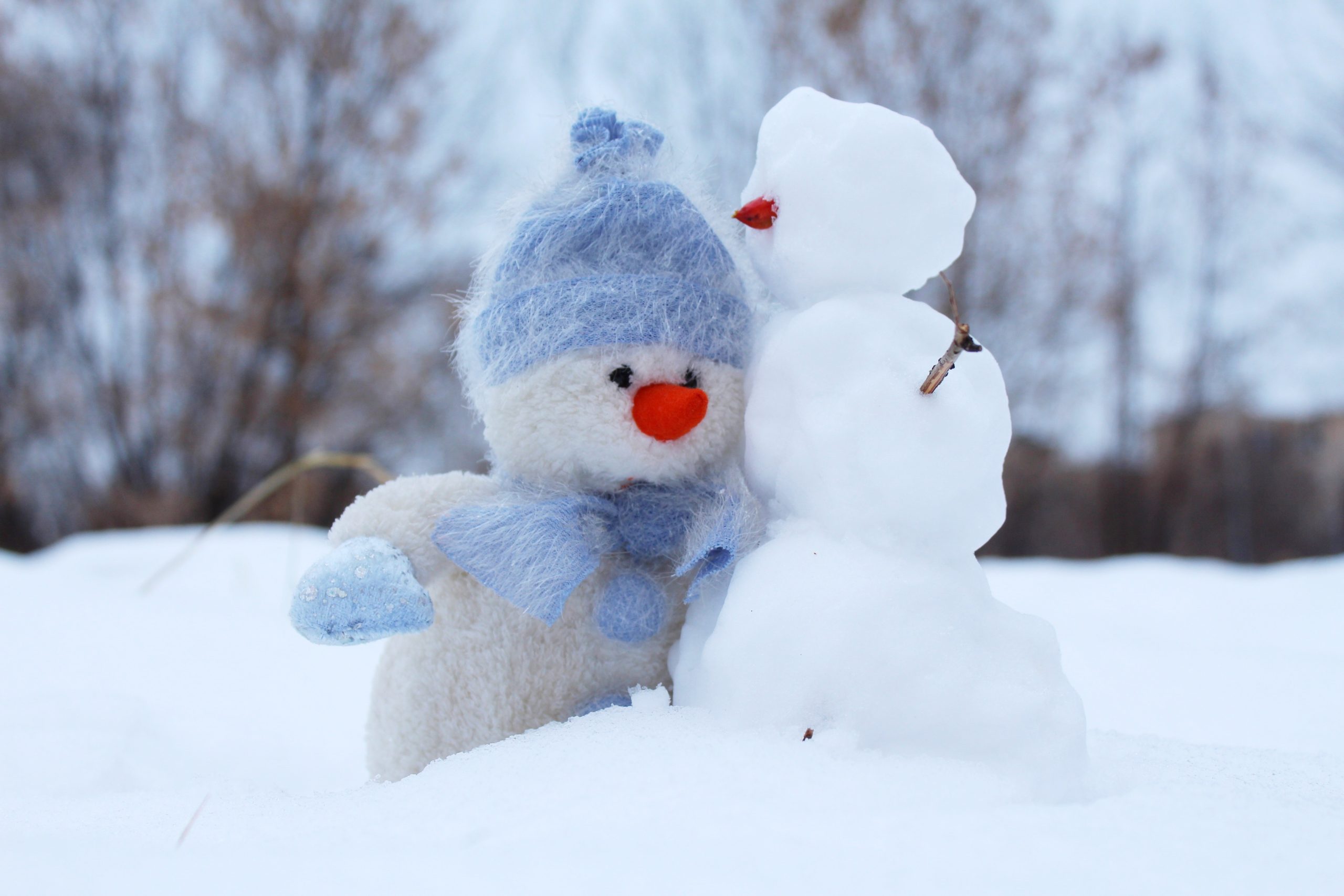As winter approaches, many health issues come along, including coughing, fever, nausea, etc. But recent research has revealed the best in terms of winter.
One cannot object to the fact that germs grow better in the cold season, but this does not mean that winter only brings diseases.
In fact, research has shown that when temperature decreases, human health can benefit significantly. These benefits include relaxation, weight loss and thinking more clearly.
Today I will tell you about the positive effects of winter health.
Weight Loss
Experts say that walking in the winter reduces weight rapidly, which is why in the winter, it is difficult for our body to maintain the temperature, which causes the body to use more calories. This is why walking in the winter reduces weight rapidly.
The US University of Albania researched the findings, suggesting that people who climbed the mountain in negative 5 degrees Celsius dropped 34 percent more calories than those who climbed 10 degrees Celsius.
Calm Sleep
Experts say that for optimal sleep, the room temperature should be 18 degrees.
Dr. Neil Stanley, a member of the British Sleep Society, says that because of the long nights in the winter, darkness lasts, and sleep in the dark is a natural phenomenon.
Help to Think Clearly
Experts at the University of Virginia did a study in which they concluded that 50% of those who made low-temperature decisions made good decisions, while in contrast high-temperature decision-makers 25 Percent made the right decision.
Experts have revealed that the human brain performs well in winter.
Cheerful Mood
According to South Korean research, humans have a better mood in winter and are happier than in summer.
In this regard, another study was conducted which showed that the performance of school children in the winter also improves. They appear more physically and mentally active in winter.
Acne Reduction on Face
In this regard, a study has been published in the Journal of Dermatology. This study shows that acne appears on the face in winter reduces due to low temperature. Whereas the sunlight and high temperatures in the summer make them worse.


